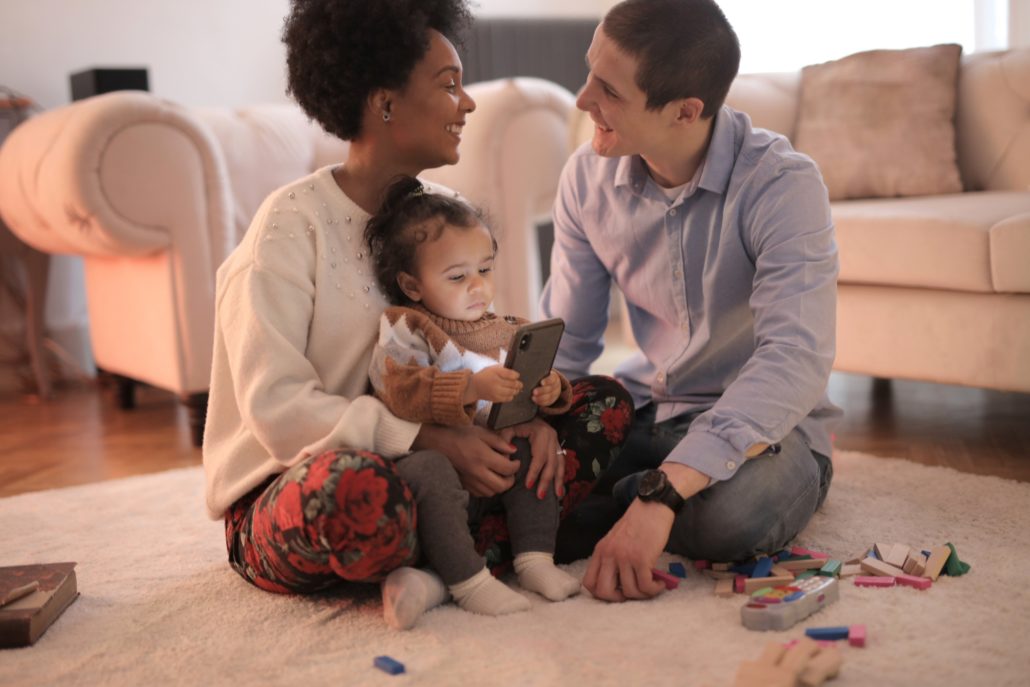The Babble Battle: Why Do Babies Say Dada First
We carry them for nine months, birth them and often are the primary caregiver.
Then why do babies generally say dada before mama?
Fashion designer Rachel Zoe shared her frustration with PEOPLE “They always say, ‘Dada,’ first and I don’t know what that is,” Zoe said after her son finally said mama at 12 months.
Is dada easier to say?
Russian linguist Roman Jakobson claims “ the sound of “m” (for “mama”) is easier for babies to make because they tend to do so when their mouths are fastened to a bottle or breast.” But Breyne Moskowitz, PhD, states that nasal sounds such as “m” are actually more difficult and babies are more likely to utter the sound “dada” because it doesn’t require forcing air through the nose.
As babies babble, we reinforce the sounds that sound familiar by clapping, cheering and smothering them with kisses.
Are dads better reinforcers?
My personal experience with my own four children has been that mama came first; but my professional experience has been quite the opposite. Either way, babbling is a crucial milestone; reinforcing babbling, whether it is mama, dada or baba, is an important part of promoting communication and normal speech development. This type of vocal play is crucial practice for learning how to speak and form words. Lack of babbling is an important sign to reach out to a speech therapist for an introductory call.
Now that my fourth child is six months old and starting to babble, I am excitedly anticipating which will be his first word. Will he follow in the path of his brothers or will he set a new brave a new frontier and give his dad the joy of being first?
Though I may be personally guilty of clapping more for mama…
Taking a poll: Did your baby say dada or mama first?

